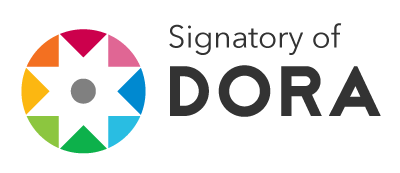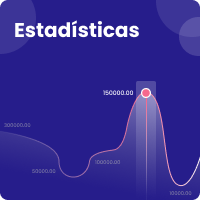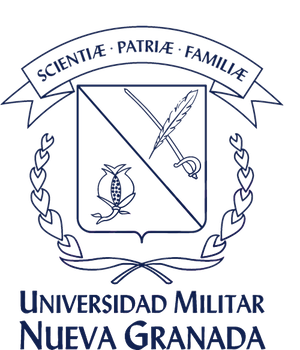La neuroética, nueva línea de investigación para la bioética
Resumen
(1989) El neurologo R. E. Cranford emplea el término «neuroético» (neuroethicist) al hablar del neurólogo como asesor ético y como miembro de los comités éticos institucionales. (Cranford, 1989:697)
Descargas
Referencias bibliográficas
• Churchland, P. (1991) Our brains, ourselves: refections on neuroethical questions, en Bioscience and Society, Roy, D. Wynne,B.
• Old, R (eds), Wiley&Sons, New York. Cortina A. (2010) Neuroética, las bases cerebrales de una ética universal con relevancia politica?, Isegoría, Revista de filosofía moral y política, 42, 129-148
• Cranford, R. E. (1989) The neurologist as ethics consultant and as a member of institutional ethics committee. The neuroethicist, Neurologic Clinics, 7, 697-713
• Evens, K. (2010) Neuroética. Cuando la materia se despierta, Edit. Katz, Bueno Aires. Gazzaniga, M. (2006) El cerebro ético, Paidós, Barcelona. Giménez, A.,
• Sánchez-Migallón, S. (2010) De la Neurociencia a la Neuroética, EUNSA, Navarra. Illes, J.,
• Bird, S.J. (2006) Neuroethics: a modern context for ethics in neuroscience, Trends of neuroscience, 29:511-517. Illes,
• J., Raffin, T. (2002) Neuroethics: an emerging new discipline in the study of brain abd cognition, Brain and Cognition, 50:341-344)
• Marcus, S.J. (ed) (2002) Neuroethics. Mapping the field. The Dana Press, New York.
• Pontius, A. (1993) Neuroethics vs neurophysiologically ans neuropsychologically uninformed influences in child-rearing, education, emerging hunter gatherers, and artificial intelligence models of the brain, Psychological Reports, 72:451-458
• Roskies, A. (2002) Neuroethics for the new millenium, Neuron, 35:21. Safire, W. Visions for a new field of “neuroethics”, en Neuroethics.
• Mapping the field, Marcus, S.J. (ed) The Dana Press, New York, 2002:3-9











